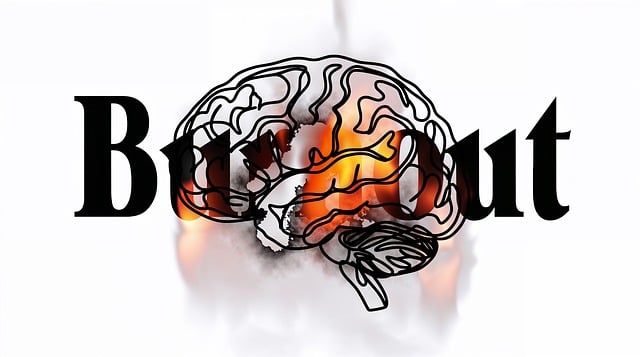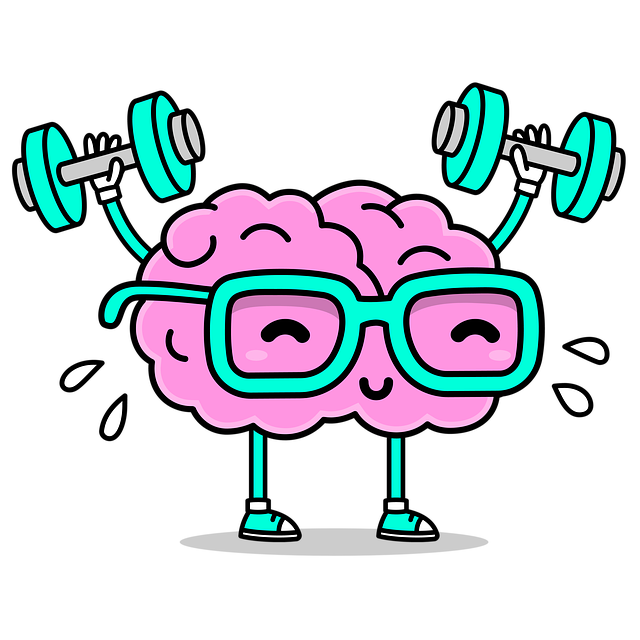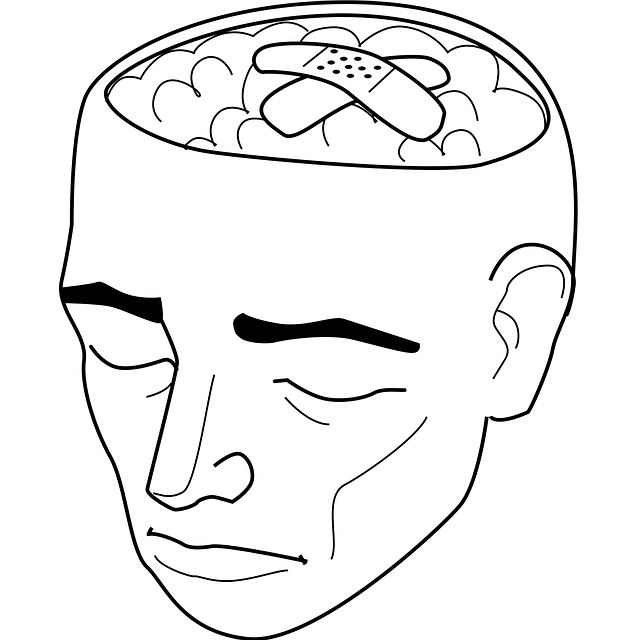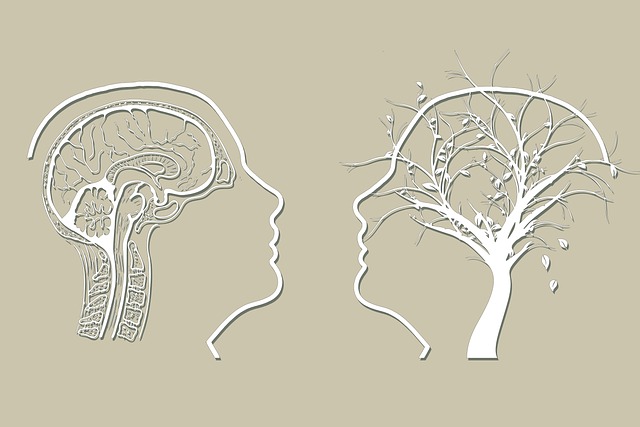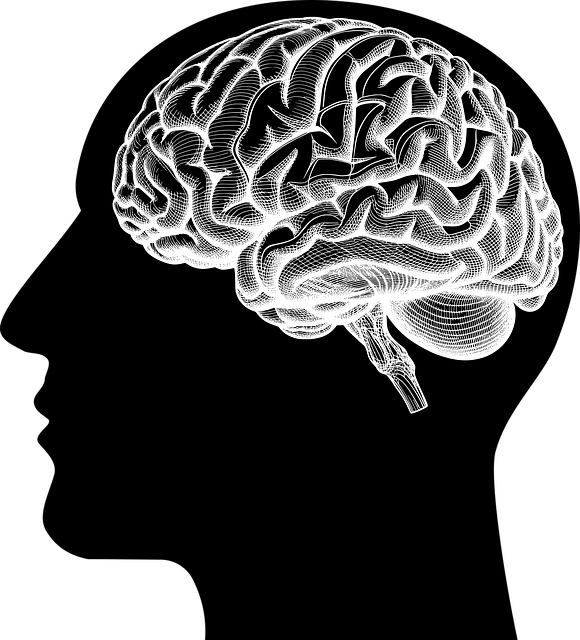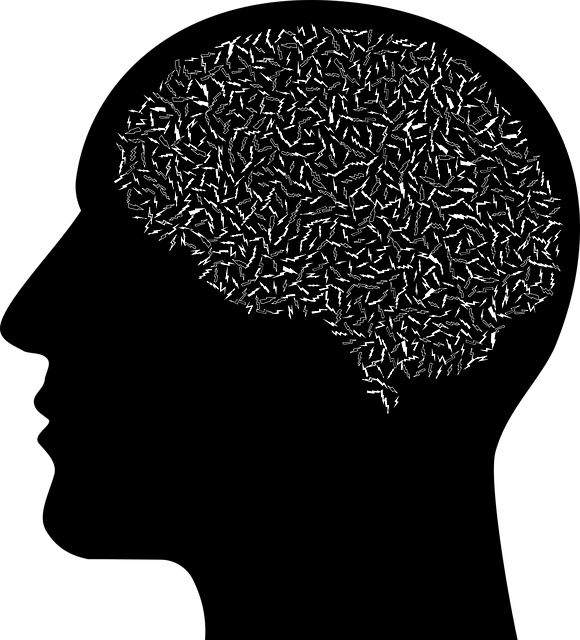Mindfulness meditation is a powerful tool for Aurora First Responders Therapy, offering stress reduction, emotional regulation, and enhanced well-being to combat burnout and trauma. By integrating mindfulness into daily routines through dedicated practice spaces, consistent time slots, and techniques like deep breathing and body scans, first responders can improve mental resilience, decision-making, and community support. Aurora's resources, including podcasts, journaling guides, and self-care routines, facilitate this process, ultimately benefiting mental health policy analysis and advocating for a more resilient workforce.
“Discover the transformative power of mindfulness meditation, tailored specifically for Aurora’s first responders. This comprehensive guide explores how mindfulness can be a powerful tool to manage stress and enhance well-being in high-pressure professions. Learn about the benefits and discover practical steps to set up a successful routine. From techniques and exercises to integrating mindfulness into daily life, this article provides valuable insights for Aurora First Responders seeking therapy and a healthier work-life balance.”
- Understanding Mindfulness Meditation for Aurora First Responders
- The Benefits of Mindfulness Practice in High-Stress Professions
- Setting Up a Successful Mindfulness Routine
- Techniques and Exercises for Effective Meditation
- Integrating Mindfulness into Daily Life: Tips and Strategies
Understanding Mindfulness Meditation for Aurora First Responders

Mindfulness meditation is a powerful tool for Aurora First Responders to manage stress and improve mental health. In the demanding line of duty, these brave individuals often face traumatic events and high-pressure situations, making it crucial to prioritize self-care. Understanding mindfulness involves recognizing its ability to anchor one in the present moment, cultivating awareness without judgment. This practice is a form of Aurora First Responders therapy that encourages deep breathing, focused attention, and an acceptance of thoughts and feelings as they arise.
Integrating regular meditation sessions into their routine can enhance mental wellness. The Mental Health Awareness community recognizes its potential to reduce anxiety, improve focus, and foster emotional resilience. Even short mindfulness meditation practices can make a significant difference. Encouraging Aurora First Responders to explore this through Mental Wellness Podcast Series Production or engaging in Mental Wellness Journaling Exercise Guidance can offer them a sense of calm amidst chaos, promoting overall well-being.
The Benefits of Mindfulness Practice in High-Stress Professions

In today’s fast-paced and demanding world, high-stress professions often leave individuals feeling overwhelmed and burnt out. This is especially true for those in emergency response roles, like Aurora First Responders Therapy, where they frequently encounter traumatic situations. However, mindfulness meditation practice has emerged as a powerful tool to counteract these stressors. Regular mindfulness sessions can significantly reduce stress levels, enhance emotional regulation, and improve overall well-being—all of which are crucial aspects of self-care for first responders.
By integrating mindfulness into their routines, healthcare providers, including first responders, can develop better cultural competency skills, as mindfulness encourages empathy and understanding. Moreover, it allows them to stay present during high-pressure scenarios, making decisions with clarity and composure. The Community Outreach Program Implementation within these organizations can also benefit from mindfulness, fostering a sense of community resilience and support among team members. Additionally, establishing a robust Self-Care Routine Development for Better Mental Health becomes more manageable when individuals turn to mindfulness as an effective coping mechanism.
Setting Up a Successful Mindfulness Routine

Creating a consistent mindfulness meditation practice is akin to tending to a garden—it requires dedication and the right environment to flourish. For Aurora First Responders Therapy professionals, establishing this routine can be a powerful tool for self-care and stress management. Start by carving out a dedicated space, free from distractions, where you can sit comfortably and undisturbed. Consider using soft lighting and soothing scents to create an atmosphere that invites calmness and clarity.
Integrate mindfulness into your daily routine by setting specific times for practice, ensuring these moments are consistent and protected. Begin with shorter sessions, say 10-15 minutes, focusing on your breath and bodily sensations. Over time, you can increase the duration as comfort allows. Remember, a structured yet flexible approach, tailored to individual needs, is key to reaping the benefits of mindfulness meditation, especially when incorporating practices like those recommended in Risk Assessment for Mental Health Professionals and Depression Prevention strategies, while also considering robust Risk Management Planning for Mental Health Professionals.
Techniques and Exercises for Effective Meditation

Incorporating mindfulness into your daily routine can be a powerful tool for Aurora first responders and healthcare providers looking to combat burnout. Techniques such as deep breathing exercises, body scans, and guided visualizations are accessible methods to enhance mental resilience. Deep breathing involves slow, controlled inhalations and exhalations, grounding the mind in the present moment and reducing stress. Body scan meditation encourages individuals to focus on each bodily sensation, promoting a sense of awareness and self-connection.
For those dealing with high-stress environments, mindfulness can serve as an effective burnout prevention strategy. This practice enables healthcare professionals to cultivate mental clarity and emotional regulation, leading to improved decision-making abilities. Additionally, regular meditation sessions can contribute to the overall mental health policy analysis and advocacy efforts by fostering a more mindful and resilient workforce. Incorporating these techniques into self-care routines aligns with risk management planning for mental health professionals, ensuring they have the tools to navigate challenging situations with enhanced composure.
Integrating Mindfulness into Daily Life: Tips and Strategies

Integrating mindfulness into your daily routine can seem daunting, but with simple tips and strategies, it becomes an accessible practice for everyone. Start by dedicating just a few minutes each day to focus on your breath and observe your thoughts without judgment. This can be done during morning coffee, while commuting, or before bedtime. Aurora First Responders Therapy offers valuable resources for those looking to enhance their mental well-being.
Mindful moments can also be incorporated through routine activities like eating, where you chew slowly and savor each bite, or walking, where you pay attention to the sensations in your body and the environment around you. Engaging in these practices consistently can significantly improve social skills training, depression prevention, and stress management.
For Aurora First Responders seeking mental well-being, mindfulness meditation offers a powerful tool to manage stress and enhance resilience. By integrating practices discussed in this guide, such as setting up a routine and utilizing various techniques, professionals can find clarity and balance amidst the challenges of their high-stress professions. Remember that consistent effort and adaptability are key; what works for one person might differ from another, so personalize your approach to best support your unique needs. Through dedicated practice, mindfulness meditation can foster mental fortitude and contribute to a healthier, more fulfilling life for Aurora First Responders.




